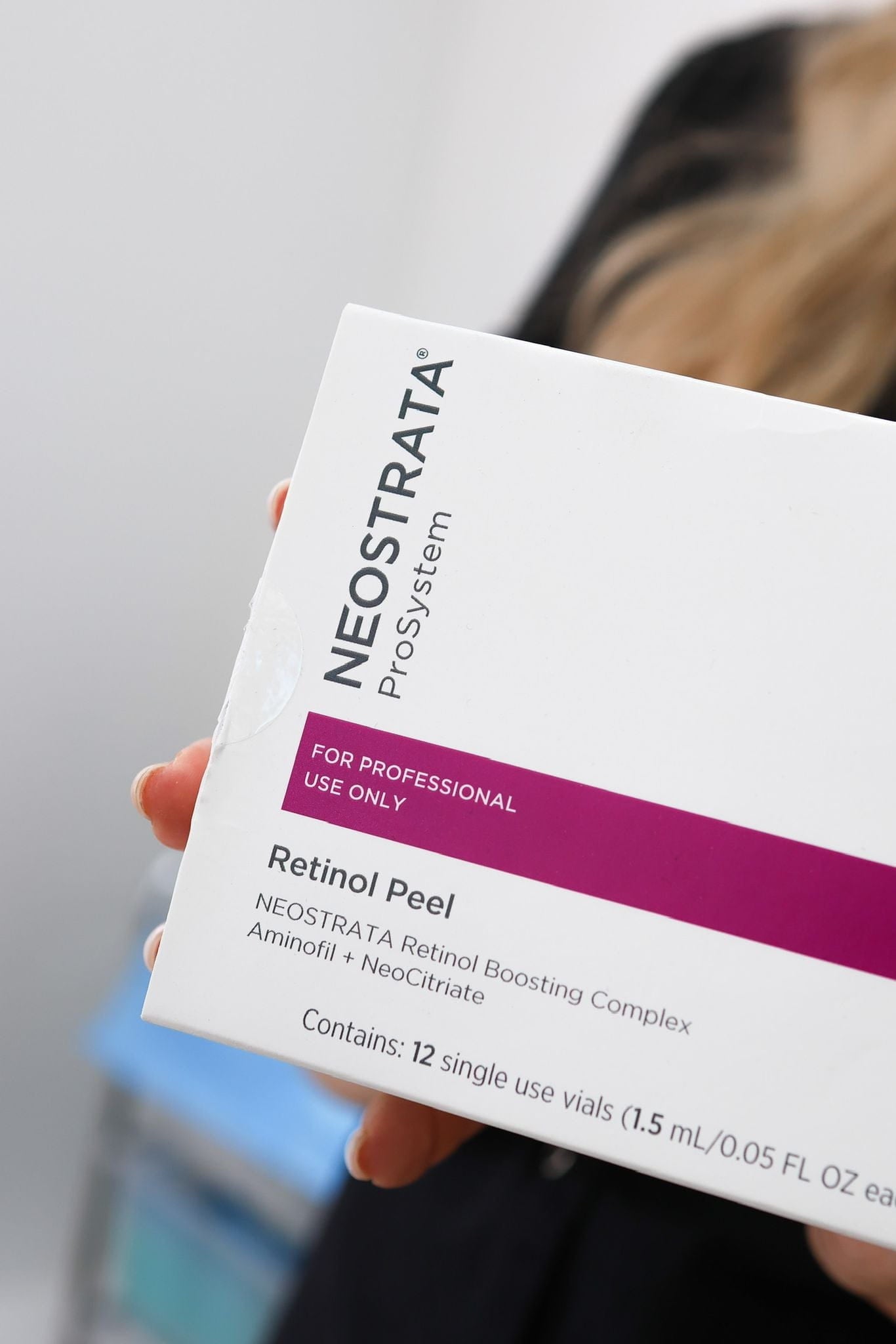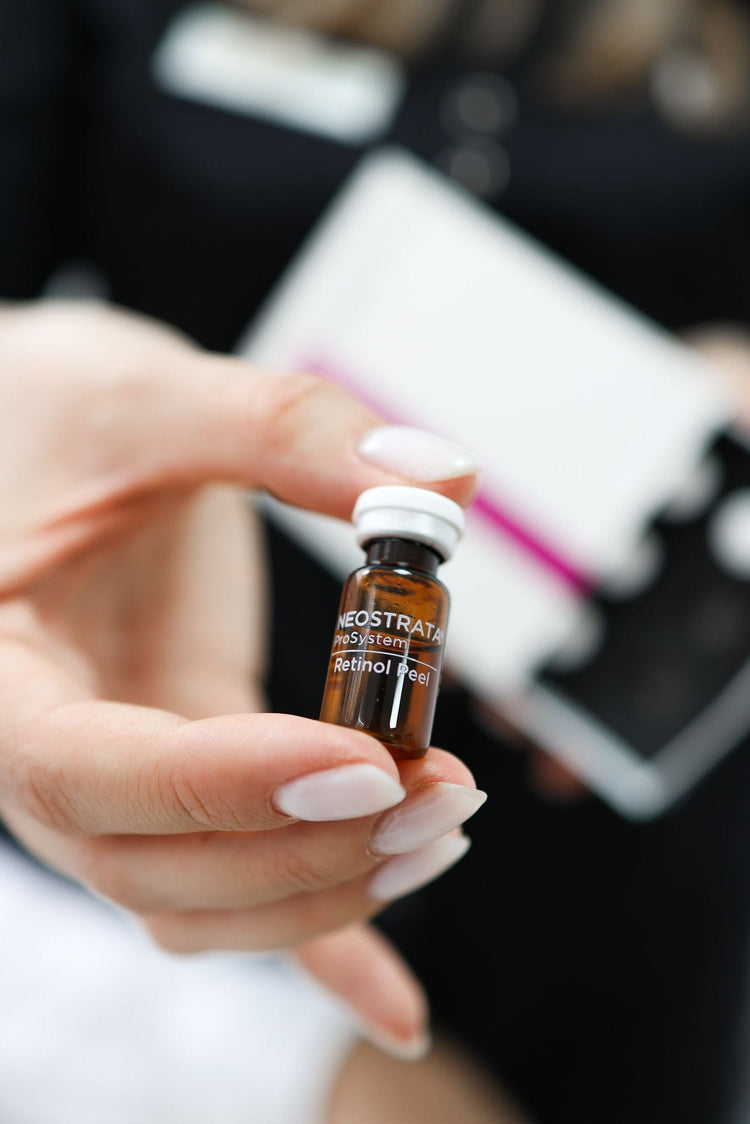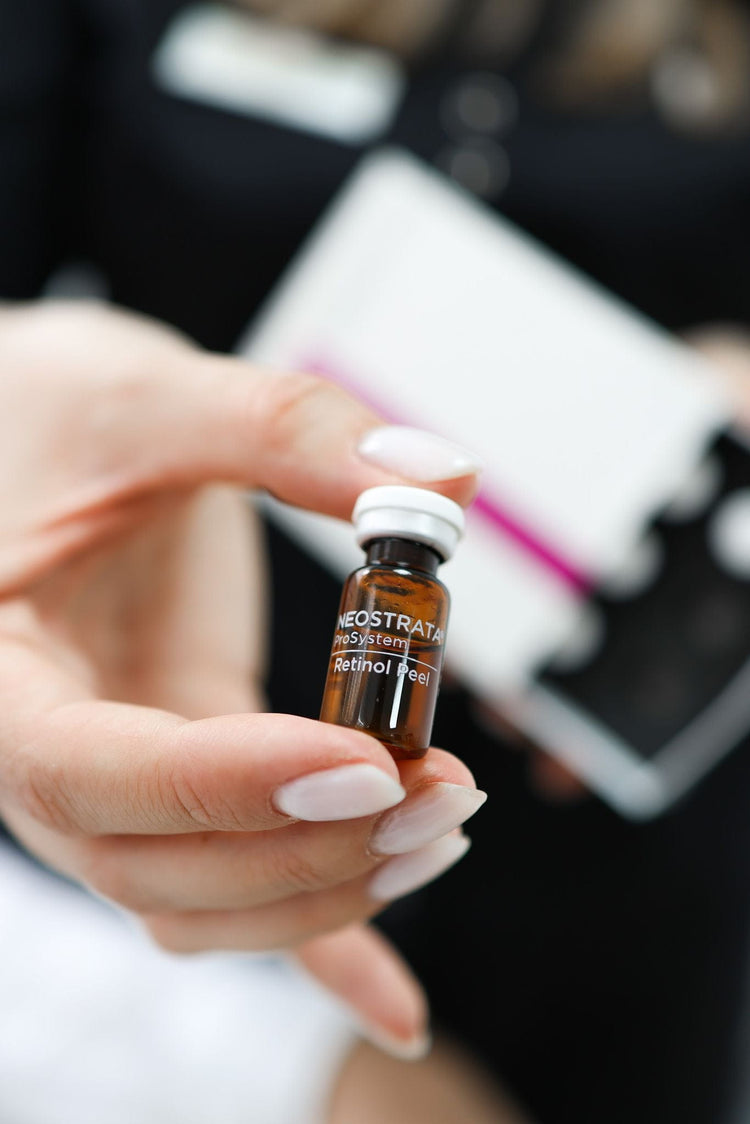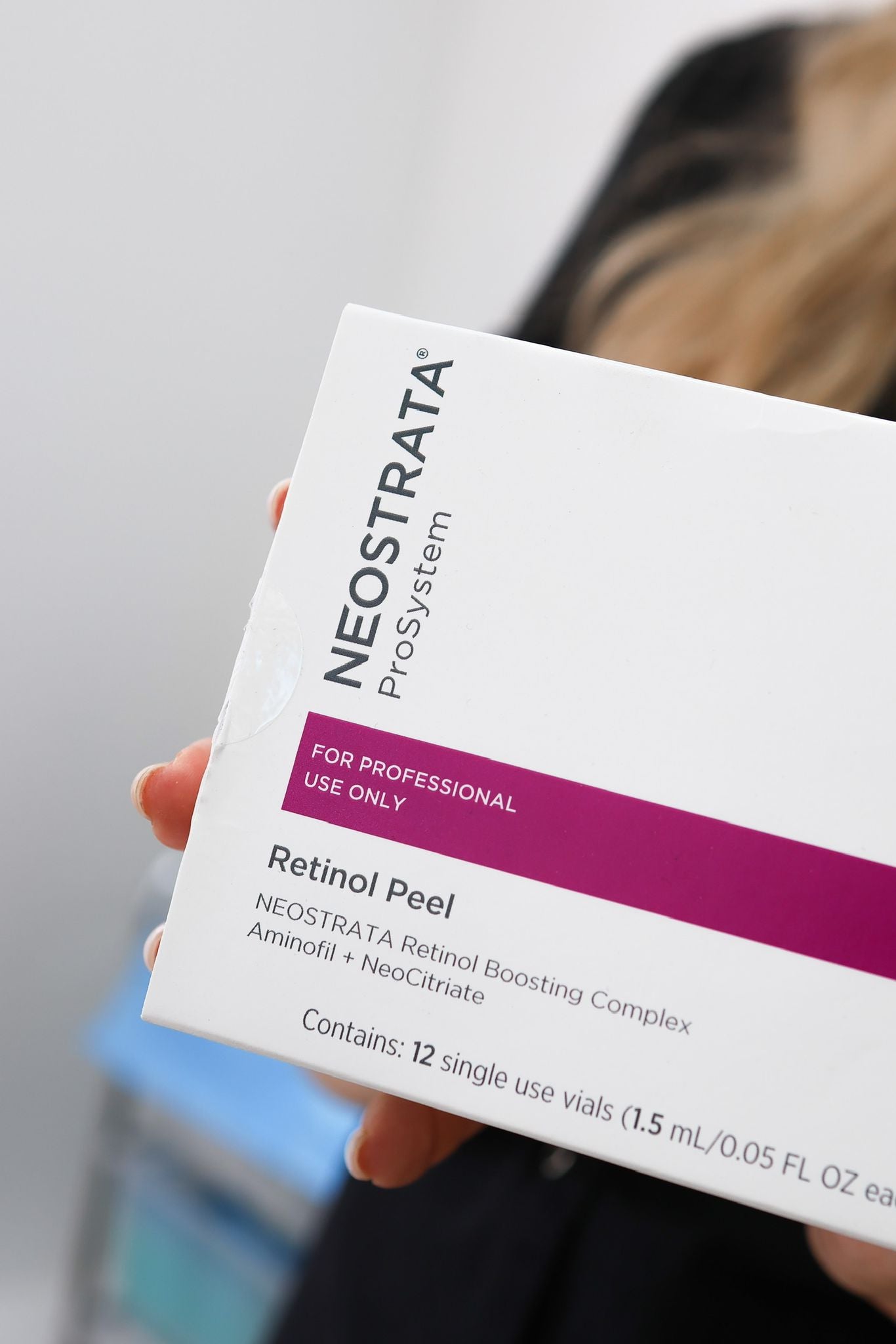Potential Skin Reactions
Retinol peels are a popular skin treatment known for their ability to improve skin texture, reduce wrinkles, and address acne. While retinol offers numerous benefits, it’s essential to understand potential skin reactions that may occur after the procedure. These reactions can range from mild discomfort to more serious complications, and it’s crucial to be aware of them before undergoing a retinol peel.
Redness and Irritation
Retinol peels are a popular skin treatment known for their ability to improve skin texture, reduce wrinkles, and address acne. While retinol offers numerous benefits, it’s essential to understand potential skin reactions that may occur after the procedure. These reactions can range from mild discomfort to more serious complications, and it’s crucial to be aware of them before undergoing a retinol peel.
Potential side effects include:
- Redness
- Irritation
- Peeling
- Dryness
- Sensitivity to the sun
Dryness and Flaking
Dryness and flaking are common side effects of retinol peels. This occurs because retinol accelerates cell turnover, which can lead to the shedding of the skin’s outer layer. The skin may feel tight and dry, and you might experience flaky patches.
Sensitivity to Sun Light
Sensitivity to sunlight is a common side effect of retinol peels. Retinol makes your skin more susceptible to sun damage as it increases cell turnover and thins the epidermis. During the recovery period following a peel, it’s crucial to wear sunscreen with an SPF of 30 or higher every day, even on cloudy days, to protect your skin from harmful UV rays.
Long-Term Effects
Understanding the potential long-term effects of retinol peels is crucial before undergoing this treatment. While retinol offers numerous benefits for skin health, it’s essential to be aware that prolonged use or multiple peels can lead to certain side effects and changes in your skin’s natural function.
Hyperpigmentation
One potential long-term effect of repeated retinol peels is hyperpigmentation. This occurs when there’s an overproduction of melanin, the pigment responsible for skin color. Retinol can increase melanin production, which can lead to dark spots or patches on the skin, especially if exposed to sun during the recovery period.
It is important to note that hyperpigmentation can be managed with proper skincare practices and sun protection. Consulting with a dermatologist before undergoing retinol peels can help assess your risk factors and develop a personalized treatment plan to minimize the chances of long-term complications.
Acne Scarring
One potential long-term effect of repeated retinol peels is acne scarring. While retinol can be beneficial in treating acne, excessive use or multiple peels can potentially worsen existing scars or create new ones.
Retinol’s exfoliating properties can irritate sensitive skin and disrupt the healing process, potentially leading to hyperpigmentation or textural irregularities that resemble scars.
It is important to note that proper aftercare and a gradual introduction of retinol into your skincare routine can help minimize the risk of long-term scarring.
Uneven Skin Tone
Long-term use of retinol peels can lead to uneven skin tone. This can manifest as hyperpigmentation, which is an overproduction of melanin, causing dark spots or patches on the skin.

Repeated retinol peels can also potentially contribute to acne scarring. While retinol can help treat acne, excessive use can irritate sensitive skin and disrupt the healing process, potentially leading to textural irregularities that resemble scars.
Contraindications and Precautions
Before undergoing any medical procedure, it’s crucial to understand potential contraindications and precautions. These factors can influence your eligibility for treatment and help prevent adverse reactions.
Pregnancy and Breastfeeding
Retinol peels are generally safe for most people when performed by a qualified professional. However, there are certain contraindications and precautions to be aware of.
Individuals with active skin conditions such as eczema, psoriasis, or severe acne should avoid retinol peels until their condition is under control. Retinol can exacerbate these conditions.
Pregnant and breastfeeding women should also avoid retinol peels as the safety of topical retinol during these periods is not well established.

Those with sensitive skin or a history of allergic reactions to retinoids may experience more intense side effects and should proceed with caution. It’s important to have a patch test before undergoing a full peel.
Individuals taking certain medications, such as blood thinners or antibiotics, may need to consult with their doctor before getting a retinol peel as there could be potential interactions.
Pre-existing Skin Conditions
Before undergoing any medical procedure, it’s crucial to understand potential contraindications and precautions. These factors can influence your eligibility for treatment and help prevent adverse reactions.
Retinol peels are generally safe for most people when performed by a qualified professional. However, there are certain contraindications and precautions to be aware of.
Individuals with active skin conditions such as eczema, psoriasis, or severe acne should avoid retinol peels until their condition is under control. Retinol can exacerbate these conditions.
Pregnant and breastfeeding women should also avoid retinol peels as the safety of topical retinol during these periods is not well established.
Those with sensitive skin or a history of allergic reactions to retinoids may experience more intense side effects and should proceed with caution. It’s important to have a patch test before undergoing a full peel.
Individuals taking certain medications, such as blood thinners or antibiotics, may need to consult with their doctor before getting a retinol peel as there could be potential interactions.
Medication Interactions

Retinol peels are generally safe for most people when performed by a qualified professional. However, there are certain contraindications and precautions to be aware of.
Individuals with active skin conditions such as eczema, psoriasis, or severe acne should avoid retinol peels until their condition is under control. Retinol can exacerbate these conditions.
Pregnant and breastfeeding women should also avoid retinol peels as the safety of topical retinol during these periods is not well established.
Those with sensitive skin or a history of allergic reactions to retinoids may experience more intense side effects and should proceed with caution. It’s important to have a patch test before undergoing a full peel.
Individuals taking certain medications, such as blood thinners or antibiotics, may need to consult with their doctor before getting a retinol peel as there could be potential interactions.
- Skin Pen Microneedling Near Seale, Surrey - November 17, 2025
- Retinol Peel Near Titsey, Surrey - November 9, 2025
- Redensity 1 Skin Booster Treatments Near Godalming, Surrey - November 2, 2025

